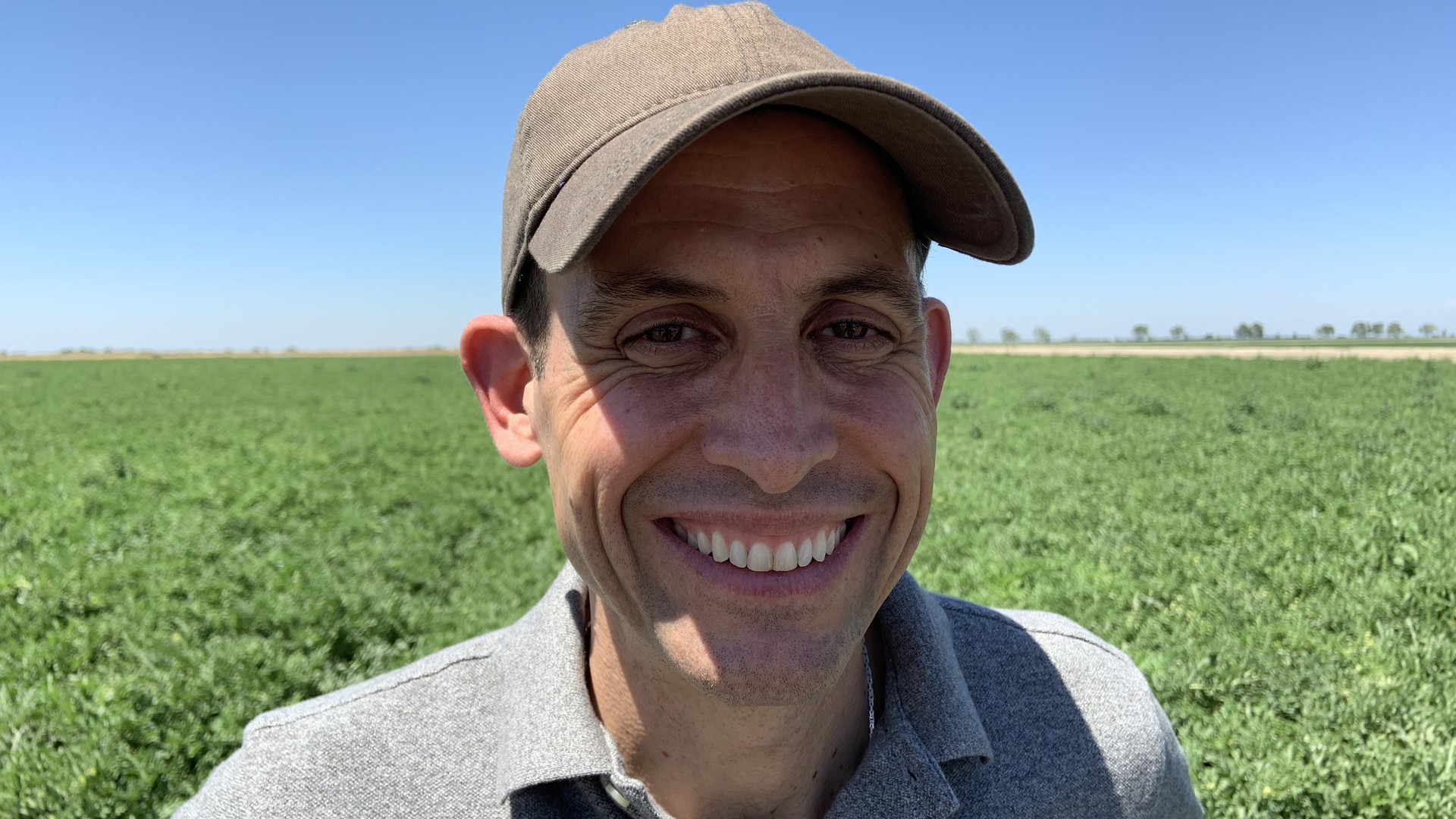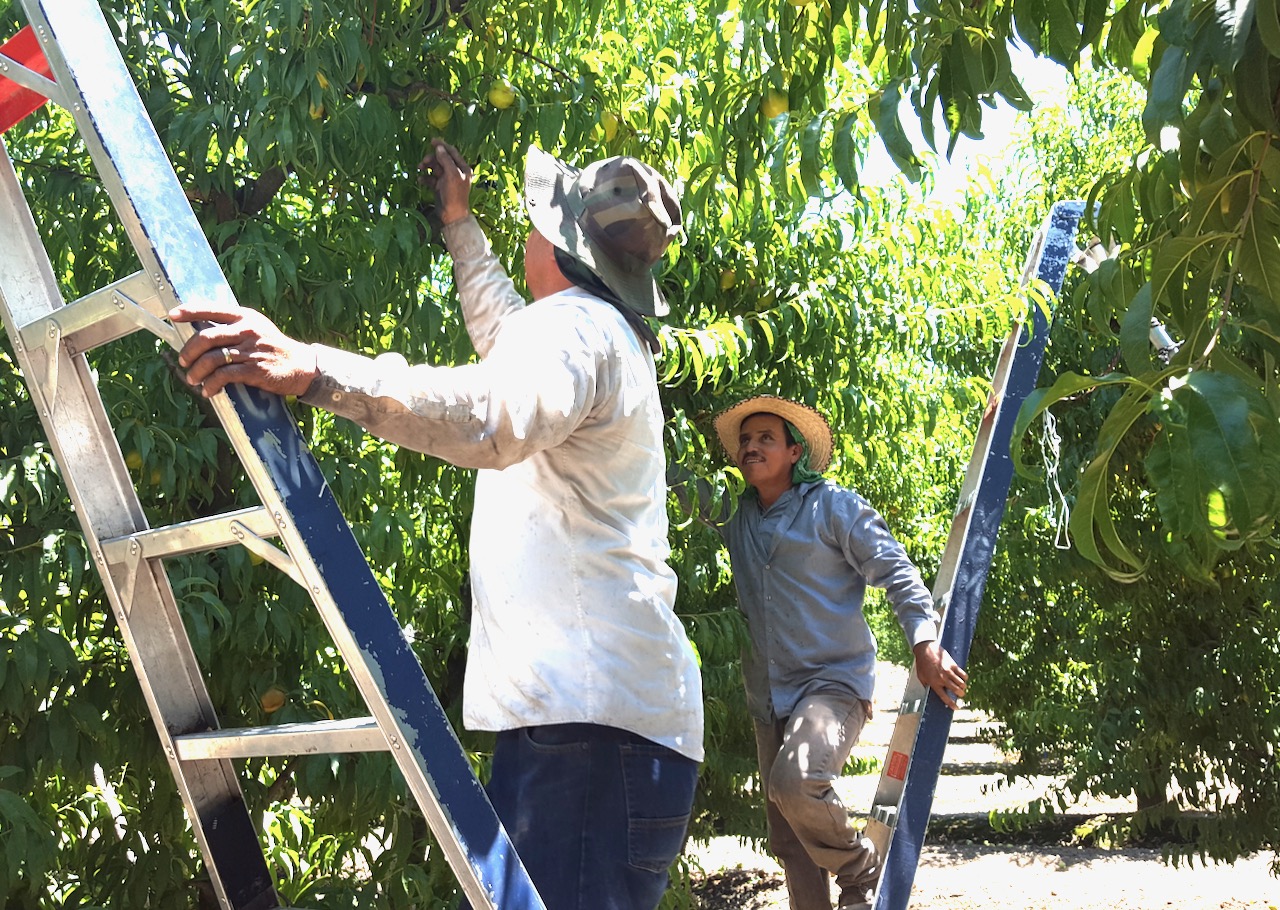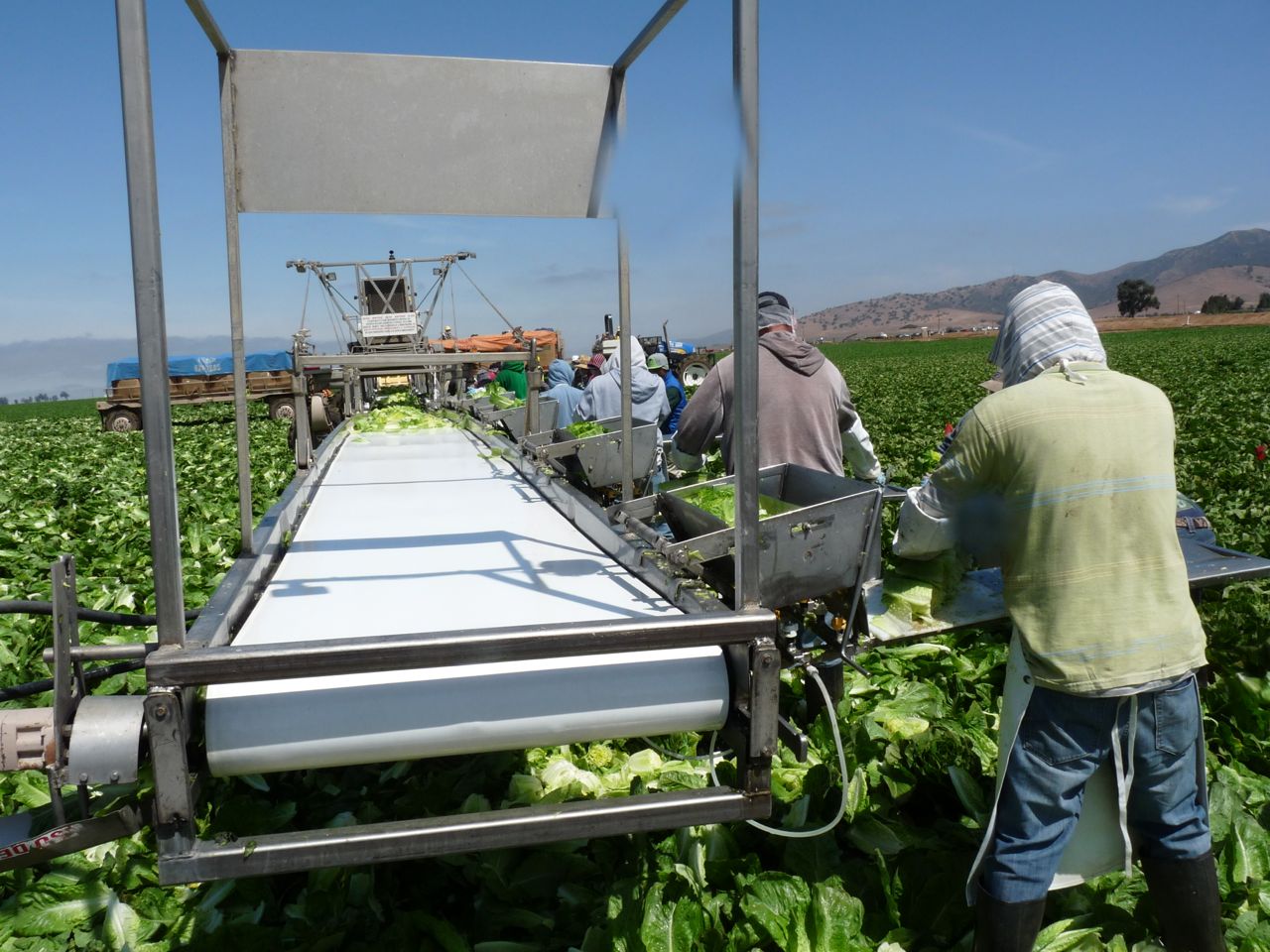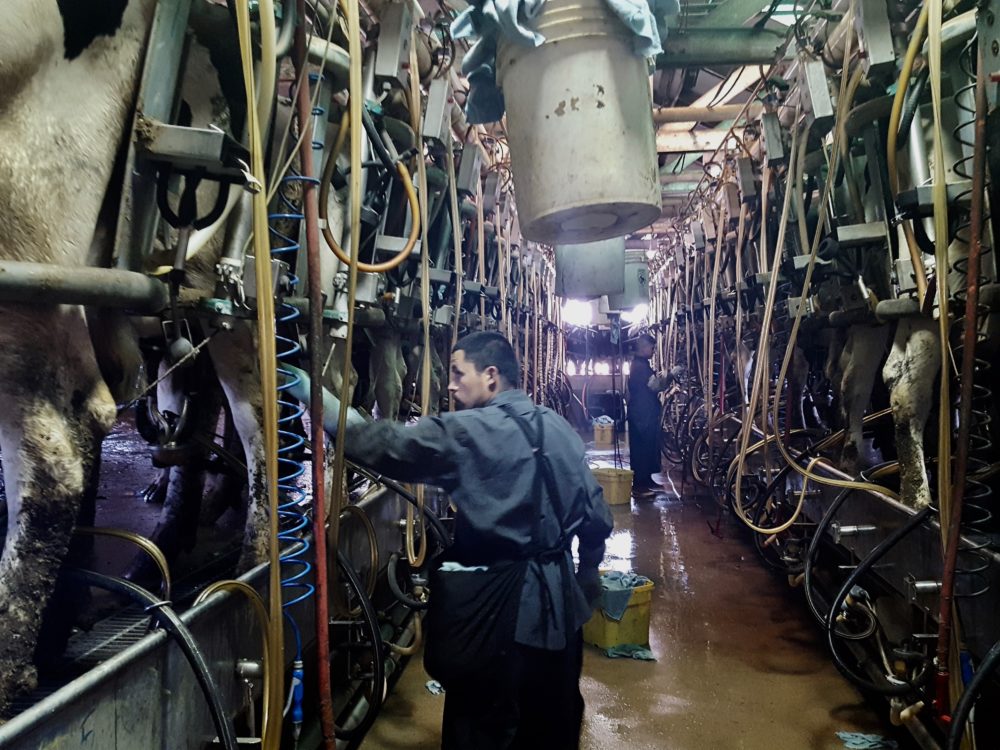New Ag Labor Bill Introduced
Rep. Ted Yoho Introduces Bipartisan Ag Labor Bill to Solve America’s Ag Labor Shortage
This week, Congressman Ted S. Yoho (R-FL), a member of the House Agriculture Committee, introduced the “Labor Certainty for Food Security Act,”-HR 6083. The commonsense, bipartisan legislation will bring relief to America’s farmers and ranchers who are struggling to find steady, reliable labor.
The following Representatives are original cosponsors of this bill: Glenn ‘GT’ Thompson (R-PA), Andy Barr (R-KY), Neal Dunn (R-FL), David Rouzer (R-NC), Ted Bud (R-NC), Vicky Hartzler (R-MO), Mike McCaul (R-TX), Mike Kelly (R-PA), Ralph Norman (R-SC) and Ed Case (D-HI).
Congressman Yoho released the following statement:
“Today, we introduced a commonsense plan to end the Ag labor shortage in America. The Labor Certainty for Food Security Act will bring relief to America’s farmers and ranchers who are in dire need of a steady, reliable labor force. Our nation’s Ag producers, seasonal and year-round, deliver the highest quality food in the world. We are fortunate to live with such abundance.
“To maintain this abundance and low food costs, we need individuals to work the fields, ranches, warehouses, and processing plants. Without a steady, reliable workforce, food prices will increase, and Americans will feel the effects at their local checkout line. If congress does not address this need in a bipartisan, meaningful way, we will either import our labor or import our food.
“I am honored to be joined by my colleagues Reps. Glenn ‘GT’ Thompson, Andy Barr, Neal Dunn, David Rouzer, Ted Bud, Vicky Hartzler, Mike McCaul, Mike Kelly, Ralph Norman and Ed Case, who understand the importance of this issue and the needs of America’s Ag community.
“As our efforts gain momentum, it is important to remember that this is not a partisan issue. When Republicans and Democrats come together to provide our Ag producers with the workforce they need to feed America and the world, it benefits everyone.”
Overview: Ag Reforms for the ‘Labor Certainty for Food Security Act’





















